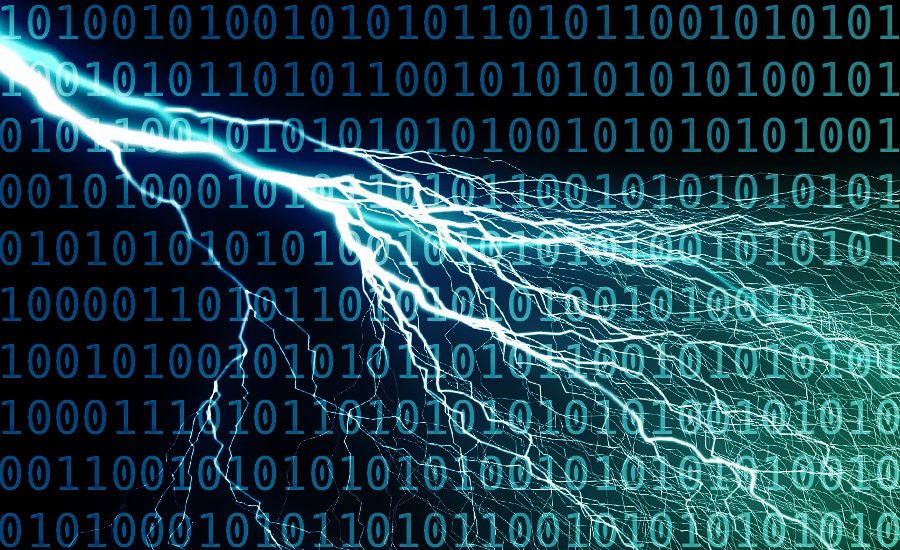Bitcoin Lightning Network Creators: Fees Will Be Effectively Zero
Roughly two months ago, Lightning Network creators Joseph Poon and Tadge Dryja visited the Coinbase offices to explain how their design works and answer some questions from Coinbase employees and executives. After an explanation of why the duo does not believe centralization via supernodes will be an issue on the network, they went into a related aspect of the system: the extremely low fees.
Dryja and Poon claimed that the high level of competition between Lightning Network hubs will drive down fees on the network to practically zero.
A Lot of People Think They’ll Make Money
Many holders of bitcoins are excited for the upcoming release of the Lightning Network on the Bitcoin blockchain because it offers them a chance to earn a return on their digital currency holdings. Having said that, the very fact that many people are looking forward to operating Lightning Network hubs means that there will be a fair amount of competition for routing transactions on the network.
Dryja explained this phenomenon:
“There’s a lot of people with bitcoin, and they’re like, ‘Oh. I’m going to run a Lightning node, and I’m going to make so much money’ … The thing is, there’s a lot of people saying that, so there’s going to be a lot of competition.”
Dryja also compared operating a Lightning Network hub to Bitcoin mining, although he stated the tendencies toward centralization are weaker due to the extremely low barriers to entry.
“It sort of feels like mining, but worse,” he said. “There aren’t even capital costs to get the equipment. All you need is a computer, an Internet connection and bitcoin.”
Competition Should Drive Down Fees
When estimating the costs of using the Lightning Network, Poon went as far as to say, “The fees people are going to charge are going to be effectively near zero. If you really game it out for a lot of payments, one satoshi is too high; that’s really what we’re looking at.”
Some have also hinted that fees on the Lightning Network could be literally zero in certain cases due to the opportunities for collecting data on the network; however, it’s unclear how new privacy features could affect this profit model.
In terms of one’s ability to earn a profit on the Lightning Network, Dryja added, “Making money off the intermediary routing ‒ it’s really hard. It’s really easy to spin up new nodes.”
Lightning Can Handle Much Higher On-Chain Fees
Poon also offered an analogy to the Internet in an effort to explain the low barriers to entry for operating a Lightning Network hub. He explained:
“It’s not like the Internet. With the Internet, there’s actual, physical connectivity, and you can extract rent from that. With this, it’s a virtual layer on top of that. Basically, it’s a function of the cost of the transaction fees on [the blockchain], which is pretty cheap.”
Poon added that fees on the network would still be extremely low in a situation where on-chain transaction fees rose to levels 400 times where they are today. He stated:
“Even if it goes obscene, which ideally it shouldn’t go obscene, but even if it’s something crazy like $20, you’re not going to be able to extract much rent.”
Although some individuals who were hoping to earn a serious profit on the Lightning Network are likely to be upset by Dryja and Poon’s comments, the vast majority of the community will still be able to benefit from the scaling opportunities presented by this new system for instant Bitcoin micropayments. According to the duo behind the original concept, the Lightning Network will be able to scale Bitcoin to millions (or perhaps billions) of transactions per second.
Kyle Torpey is a freelance journalist who has been following Bitcoin since 2011. His work has been featured onVICE Motherboard, Business Insider, NASDAQ, RT’s Keiser Reportand many other media outlets. You can follow @kyletorpey on Twitter.
The post Bitcoin Lightning Network Creators: Fees Will Be Effectively Zero appeared first on Bitcoin Magazine.



